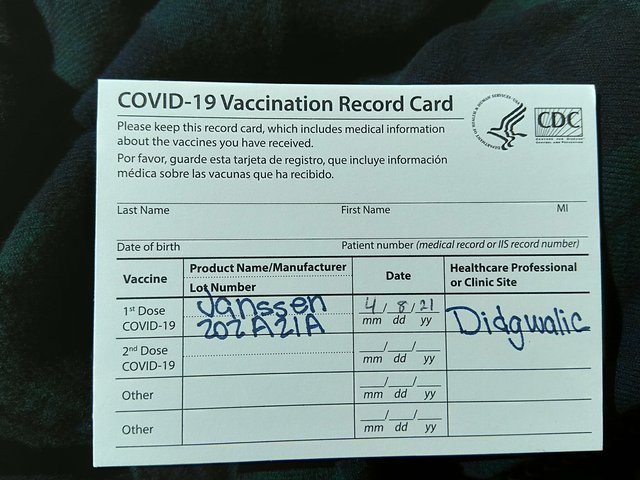Why WordPress Is the Market Leader
Published at 13:51 on 17 April 2021
Wanting to plan for the coming day where this blog moves to a new host, and wanting to try alternatives to PHP-based blogging (like WordPress) I decided to create a test blog using Roller.
The first thing that stuck we was how many configuration steps there were. Then I noticed how needlessly repetitive the configuration was; some things, like the database connection URL, must be specified in multiple places. That’s horrible. It’s literally begging for inconsistencies to crop up later. Configuration parameters should only need to be specified once. Then I run into ambiguities in the documentation; locations for files I am being told to create are not explicitly specified anywhere.
Finally I get things configured, only to receive a curt message from Tomcat that it cannot run my Roller instance because the Java was compiled against a JVM that is newer than the Java 8 JVM that runs my existing Tomcat instance.
I could fix that, of course, but f*ck it. Nowhere in the release notes was this dependency specified, and at this point I’ve already pissed away well over an hour and have yet to see so much as a blank dummy page for my efforts.
I notice that I already have PHP installed anyhow, because I needed it to run another canned solution at one time. I shelve the effort and give WordPress a try. Within fifteen minutes of following the install instructions (which are complete), I am rewarded with my blank dummy page. No multiple configuration files that repeat the same parameters. No ambiguous instructions. No unstated dependencies on PHP versions (there are dependencies, but they are clearly stated). It just works, as advertised.
Take it away, Coding Horror:
I’ve written both VB and PHP code, and in my opinion the comparison is grossly unfair to Visual Basic. Does PHP suck? Of course it sucks. Did you read any of the links in Tim’s blog entry? It’s a galactic supernova of incomprehensibly colossal, mind–bendingly awful suck. If you sit down to program in PHP and have even an ounce of programming talent in your entire body, there’s no possible way to draw any other conclusion. It’s inescapable.
But I’m also here to tell you that doesn’t matter.
The TIOBE community index I linked above? It’s written in PHP. Wikipedia, which is likely to be on the first page of anything you search for these days? Written in PHP. Digg, the social bookmarking service so wildly popular that a front page link can crush the beefiest of webservers? Written in PHP. WordPress, arguably the most popular blogging solution available at the moment? Written in PHP. YouTube, the most widely known video sharing site on the internet? Written in PHP. Facebook, the current billion-dollar zombie-poking social networking darling of venture capitalists everywhere? Written in PHP. (Update: While YouTube was originally written in PHP, it migrated to Python fairly early on, per Matt Cutts and Guido van Rossum.)
And the best thing about it? Although WordPress is written in PHP, it’s basically written (past tense) in PHP. I don’t have to do much with PHP’s awfulness myself. Edit some manifest constants in wp-config.php, and (since I am tinkering with templates) edit some .php files that are mostly parameterized HTML with a few PHP function calls. And what there is, is thoroughly documented, because WordPress is used so much.
Sure, it sucks that WordPress is written in PHP. But, it doesn’t matter.

